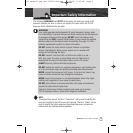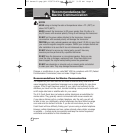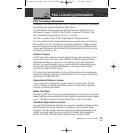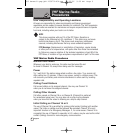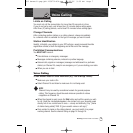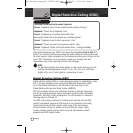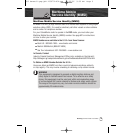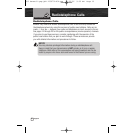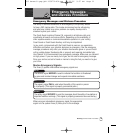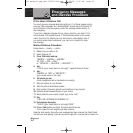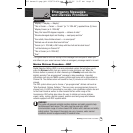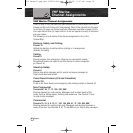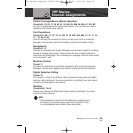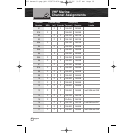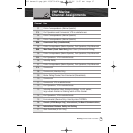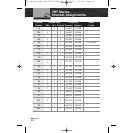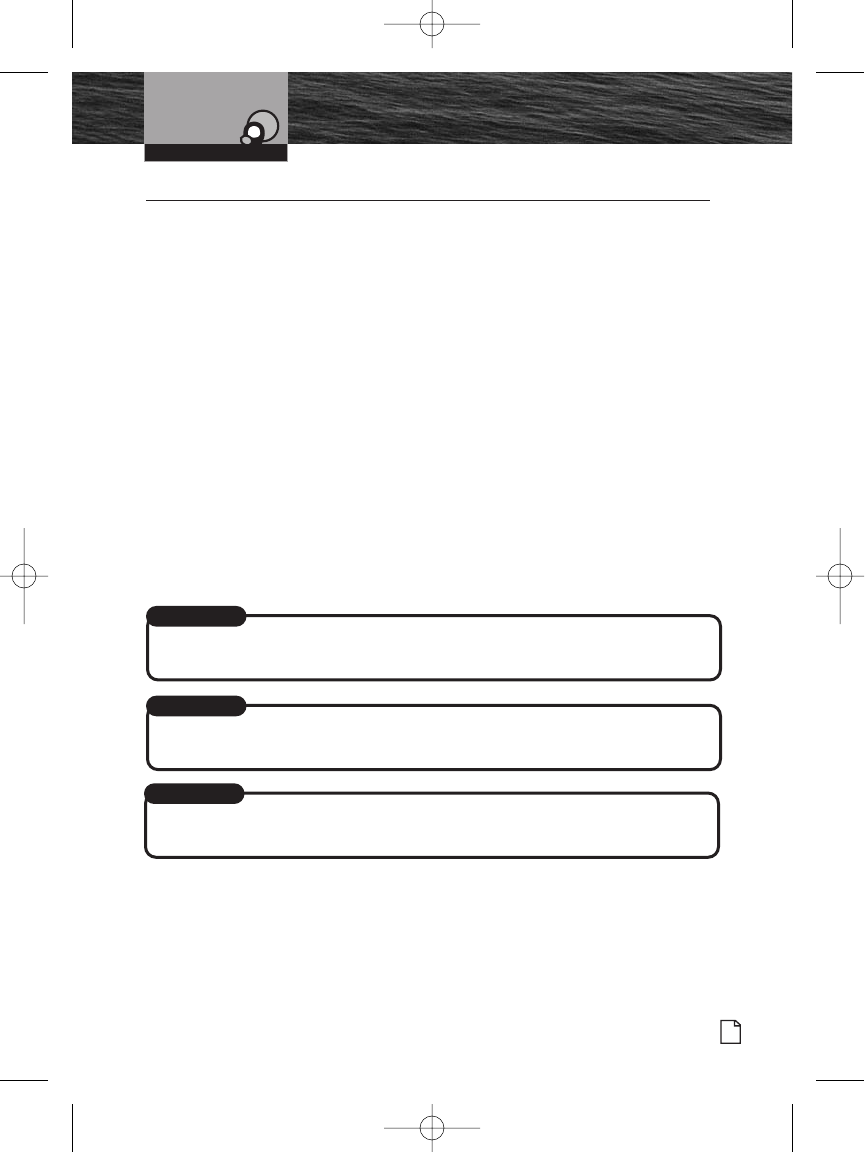
MAYDAY
PAN
SECURITE
Nothing Comes Close to a Cobra
®
Emergency Messages
and Distress Procedure
11
Emergency Messages and Distress Procedure
•
The ability to summon assistance in an emergency is the primary reason
to have a VHF marine radio. The marine environment can be unforgiving,
and what may initially be a minor problem can rapidly develop into a
situation beyond your control.
The Coast Guard monitors Channel 16, responds to all distress calls, and
coordinates all search and rescue efforts. Depending on the availability of
other capable vessels or commercial assistance operators in your vicinity,
Coast Guard or Coast Guard Auxiliary craft may be dispatched.
In any event, communicate with the Coast Guard as soon as you experience
difficulties and before your situation becomes an emergency. Use the emergency
message procedures only after your situation has become grave or you are faced
with a sudden danger threatening life or property and requiring immediate help.
Use Channel 16 to communicate your emergency message. Make sure you transmit
on high power. If you are merely out of gas, do not send an emergency message.
Drop your anchor and call a friend or marina to bring the fuel you need or to give
you a tow.
Marine Emergency Signals
The three (3) spoken international emergency signals are:
The distress signal MAYDAY is used to indicate that a station is threatened
by grave and imminent danger and requests immediate assistance.
The urgency signal PAN is used when the safety of the vessel or person
is in jeopardy. (This signal is properly pronounced pahn.)
The safety signal SECURITE is used for messages about the safety of navigation or
important weather warnings. (This signal is properly pronounced see-cure-ee-tay.)
When using an international emergency signal, the appropriate
signal is to be spoken three (3) times prior to the message.
VHF Marine Radio Protocols
F80 General.qxp:QXP-1058731464.qxp 12/29/06 9:07 AM Page 11



